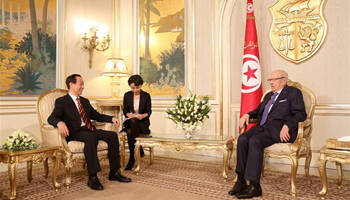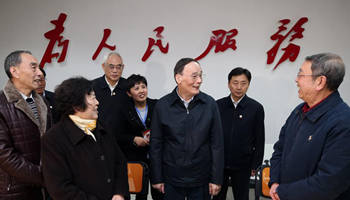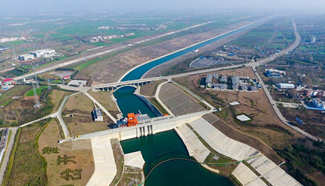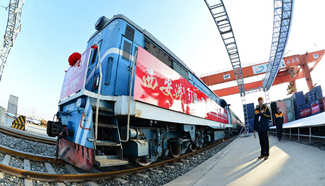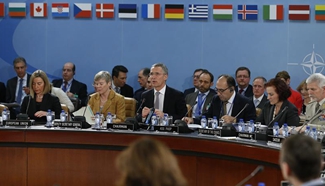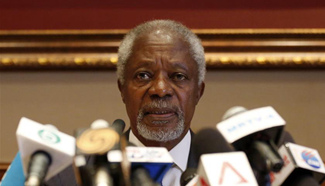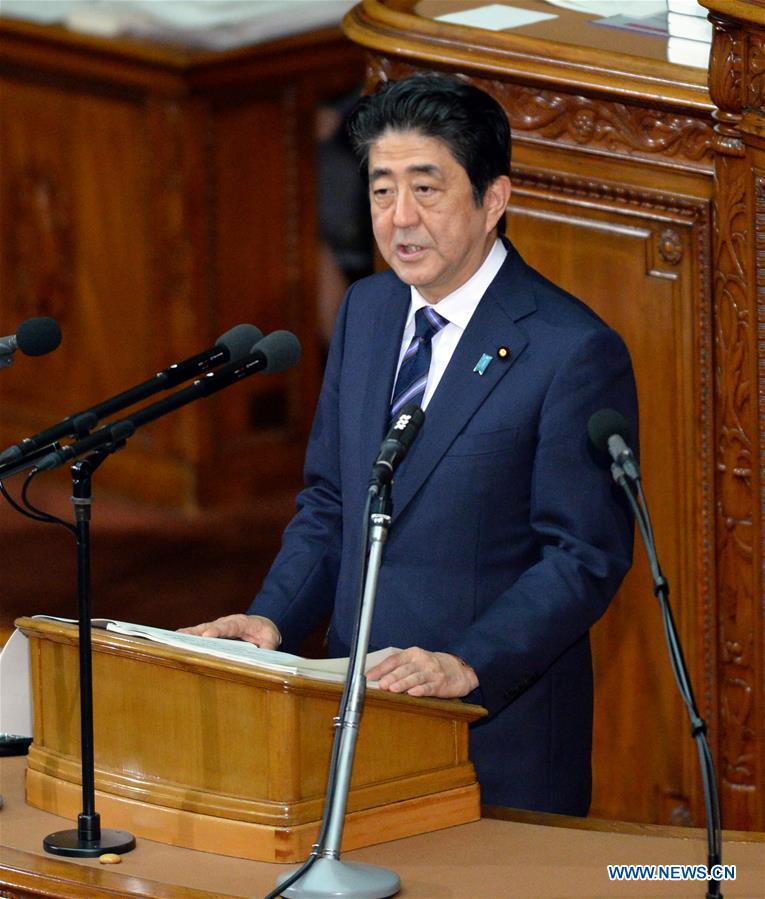
Japan's Prime Minister Shinzo Abe delivers a speech during an extraordinary parliament session in Tokyo, Japan, on Sept. 26, 2016. (Xinhua file photo/Ma Ping)
By Xinhua Writer Zhu Feng
TOKYO, Dec. 6 (Xinhua) -- Japanese Prime Minister Shinzo Abe's planned visit to the U.S. Pearl Harbor later this month, purportedly to remember the thousands killed by Japan's surprise attack on a naval base there 75 years ago, is not based on any change to the leader's revisionist view of history.
Abe's top spokesperson, Chief Cabinet Secretary Yoshihide Suga, has made it clear that during Abe's visit between Dec. 26 and Dec. 27, "no apology would be offered" for the attack on Pearl Harbor, which was a catalyst for the United States to join World War II.
Abe's upcoming visit to Pearl Harbor is by no means an admission of Japan's war responsibility. As a historical revisionist, Abe consistently maintains a warped view of history that justifies Japanese wartime aggression and glorifies militancy.
To this end, Abe's visit and tributes by proxy to the notorious Yasukuni Shrine, which honors Japan's war dead, including 14 Class-A convicted criminals of World War II, perfectly reflect his political stance and revisionist view of history.
Japan's neighboring countries, since Abe retook office in 2012, have rightfully been concerned about a leader who refuses to learn the lessons from history, face the wrongdoings squarely and persistently fails to adopt a correct view of history, and even attempts to revise its war-renouncing Constitution to enable Japan to wage war again.
Abe's decision to visit Pearl Harbor also aims to misguidedly contain China through reaffirming the Japan-U.S. alliance.
Right-wing factions in Japan always maintain that Japan should deepen its alliance with the U.S. and use it to contain China, as they believe Japan alone is not able to contend with China. Abe, himself an unabashed right-winger, has tirelessly trumpeted his view that the Japan-U.S. alliance is the foundation for maintaining Japan's and the region's "security."
At present, domestically, Japan is facing structural problems including a shrinking domestic market, declining competitiveness of domestic companies, and an aging and shrinking population.
To solve the problems, in terms of both realistic and long-term interests, it's a rational choice to enhance cooperation with China, the world's second-largest economy, rather than the opposite. However, the Japanese leader has not abandoned "the zero-sum Cold War mentality."
Nowadays, bilateral and multilateral win-win cooperation between countries has become an irreversible global trend. As such, the Japanese right wing's actions and perceptions which choose to swim against the tide will certainly all be in vain.
If the Abe administration does not learn the lessons from history, it will eventually harm others with zero benefit to itself.
Abe, who wishes to spark a new nostalgia for a twisted historical view, refuses to admit Japan's crimes of aggression before and during WWII. Such a view of history and the world will only lead Japan, again, down a road of no return.




